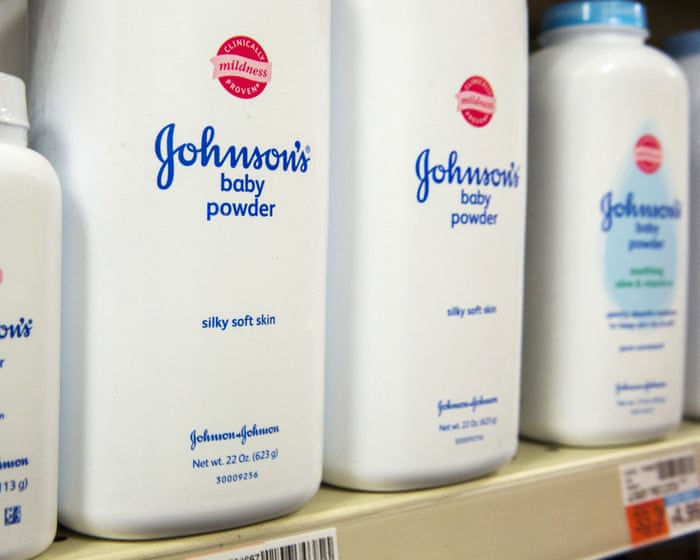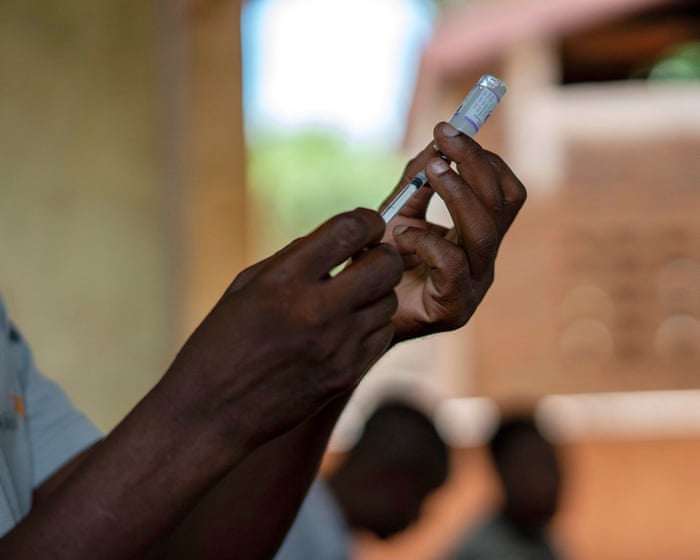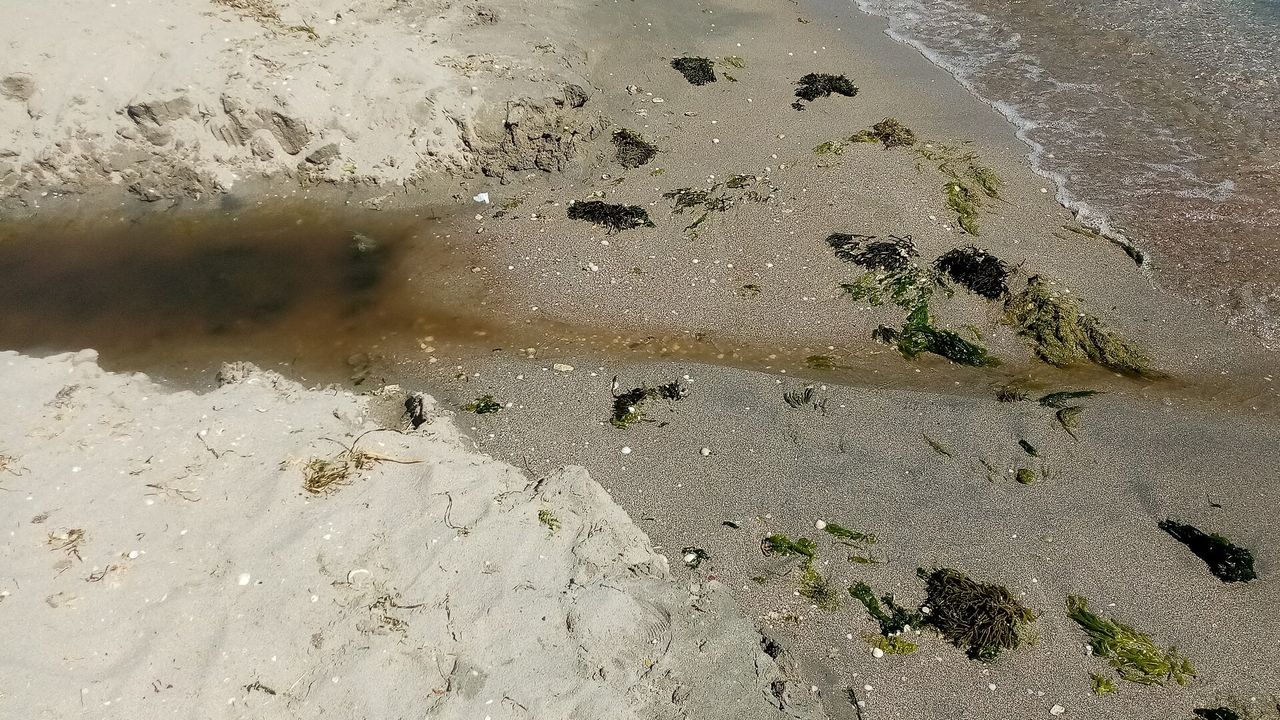Johnson & Johnson Sued in U.K. Over Baby Powder Cancer Claims
NegativeScience

In a significant legal development, over 3,000 individuals in the U.K. have filed a lawsuit against Johnson & Johnson, alleging that the company was aware its baby powder contained harmful carcinogenic fibers, including asbestos. This case raises serious concerns about consumer safety and corporate responsibility, especially as the company transitioned to cornstarch-based products globally in 2023. The outcome of this lawsuit could have far-reaching implications for the company and its reputation.
— Curated by the World Pulse Now AI Editorial System











